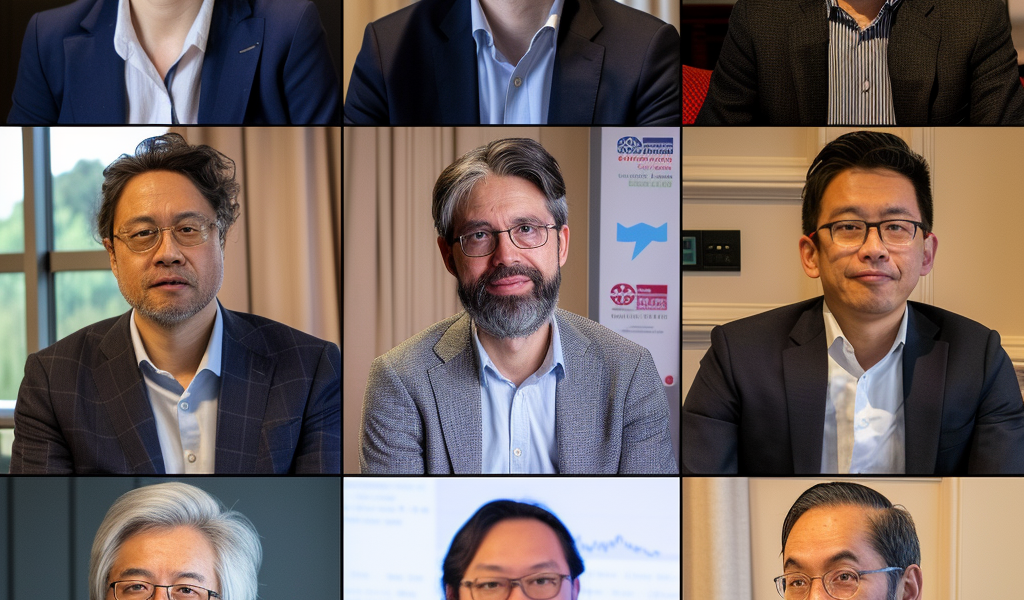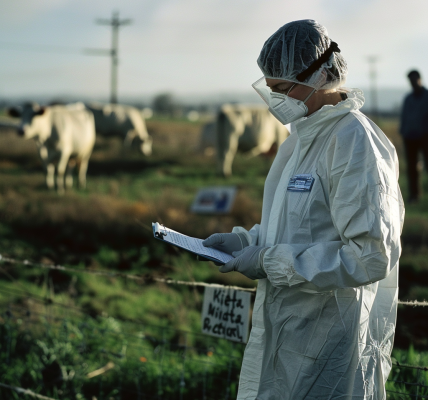On April 18, 2024, from 13:00 to 14:30 CEST, an online webinar titled ‘Towards building the evidence for broader use of bacteriophages from an AMR One Health perspective’ will be held. Bacteriophages, which are viruses that selectively target and kill bacteria, are gaining attention for their potential in combating antimicrobial resistance (AMR). This phenomenon poses a significant global health threat, leading to increased morbidity, mortality, and healthcare costs.
The fight against AMR calls for a multifaceted approach that encompasses human, animal, and environmental health, known as the One Health approach. Bacteriophages present a promising alternative or adjunct to traditional antibiotics. However, their broader adoption necessitates robust evidence to support their efficacy, safety, and feasibility across One Health sectors.
The WHO European Region’s eastern part has a rich history of utilizing phage therapy, with the George Eliava Institute of Bacteriophages, Microbiology, and Virology in Georgia being the world’s oldest center for bacteriophage research and application.
In collaboration with the Global Antimicrobial Resistance Research and Development Hub, WHO/Europe is hosting a series of three webinars to expedite evidence development for the application of bacteriophages within the One Health framework.
The first webinar will concentrate on the opportunities and challenges associated with the application of bacteriophages for human health. It aims to explore the current state of knowledge and evidence gaps, discuss the challenges and opportunities linked to the broader implementation of phage therapy in human health settings, and identify strategies for building the evidence base to support their use in combating AMR.
The webinar will feature distinguished speakers including Dr. Radu Botgros from the European Medicines Agency, Dr. Mariam Dadiani from the George Eliava Institute in Georgia, Dr. Mercedes González Moreno from INCATE, Dr. Frédéric Laurent from Croix-Rousse Hospital in France (moderator), Dr. Shawna McCallin from Balgrist University Hospital in Switzerland, and Dr. Jean-Paul Pirnay from Queen Astrid Military Hospital in Belgium.
Those interested can register for the webinar via the provided link to gain insights into this crucial topic.





